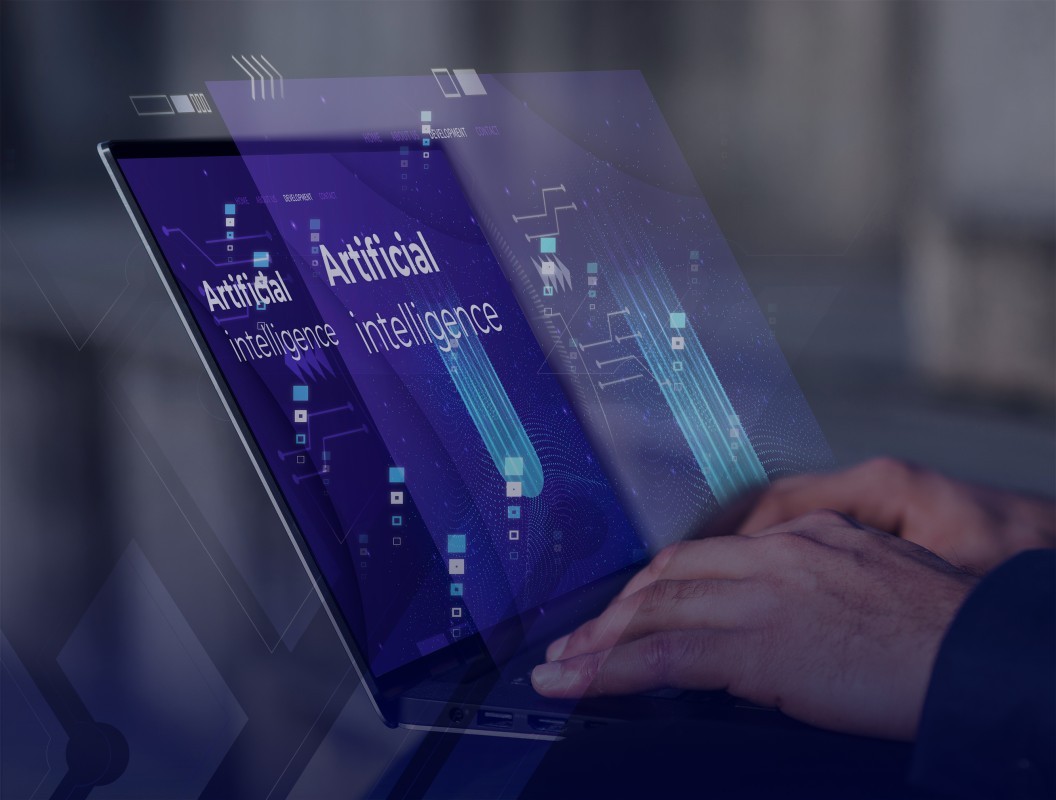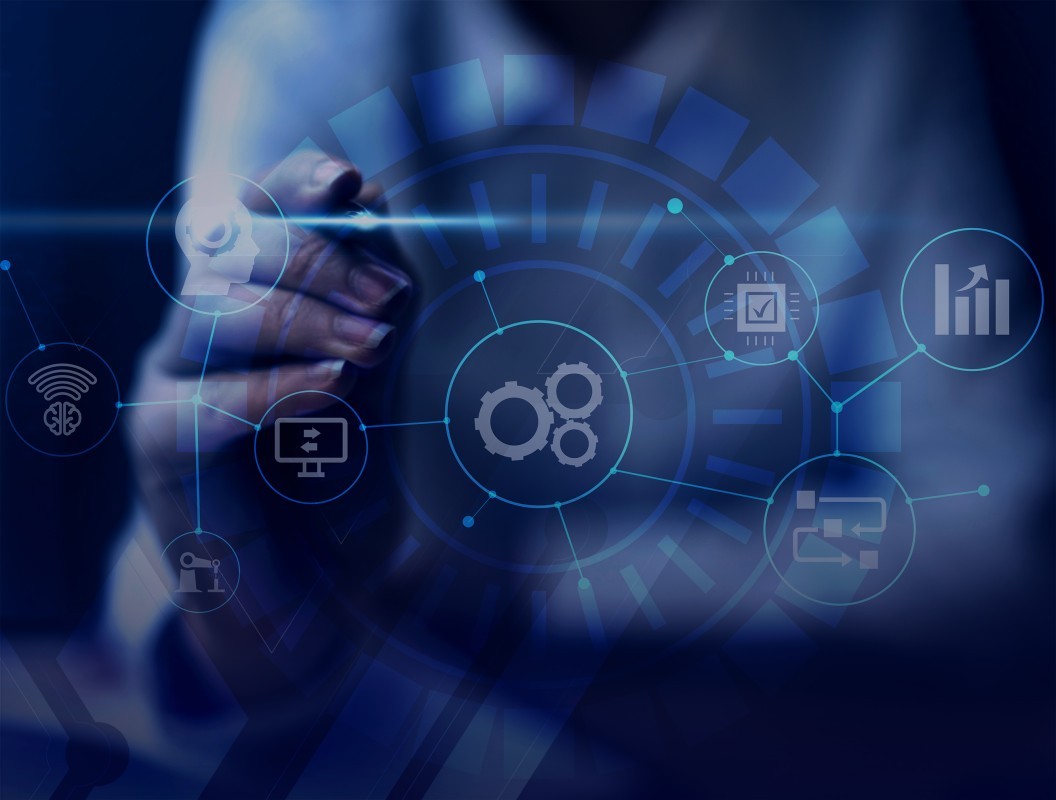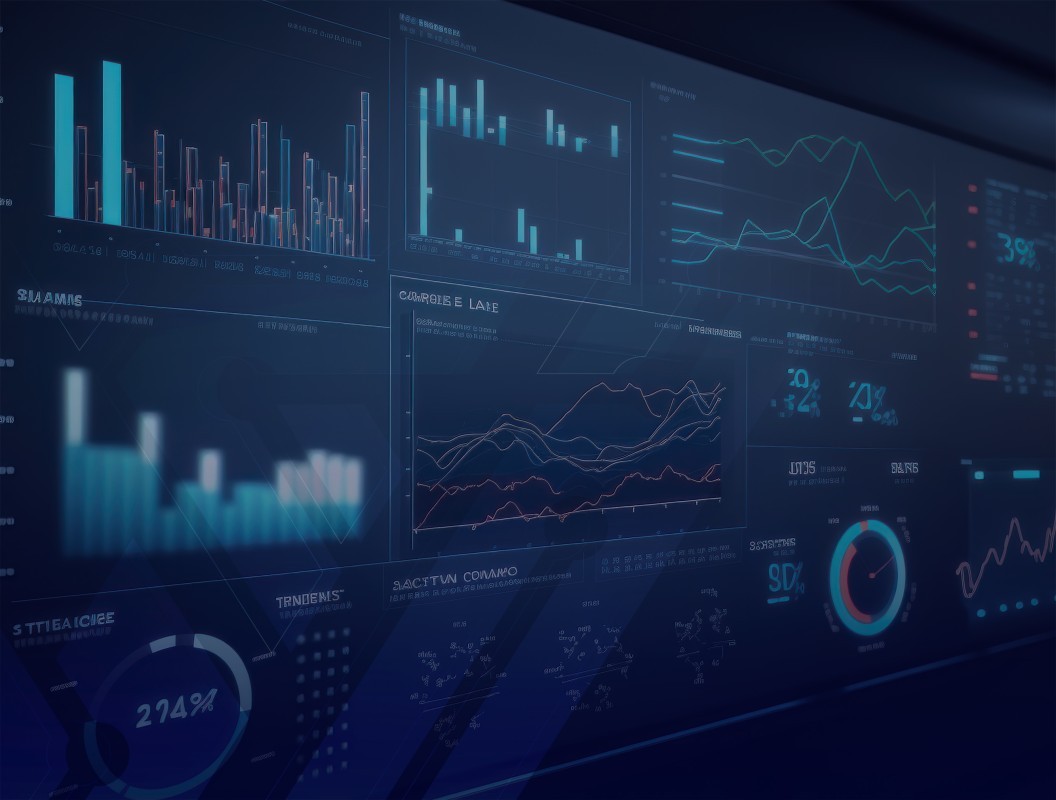
The future of artificial intelligence
In light of the rapid developments witnessed in the field of artificial intelligence, it has become...

In light of the rapid developments witnessed in the field of artificial intelligence, it has become clear that this technology plays an important role in shaping our future at various levels. Given the importance of this topic, in this article we will highlight some of the salient points related to the future of artificial intelligence, while reviewing some potential applications for this technology and its challenges. Machine learning algorithms will become more complex and intelligent, and will have a greater ability to understand the context of data and analyse it accurately. This will allow the development of intelligent systems capable of making decisions based on detailed data and information, which will contribute to improving the efficiency of various processes in various fields and have creative capabilities and intelligence similar to human intelligence. Achieving this is a revolutionary achievement that will create a huge qualitative shift. Artificial intelligence systems will be able to solve complex problems and discover new innovations that were not possible before. There is no doubt that artificial intelligence will have profound effects on society and the economy. On the one hand, it will create new job opportunities and contribute to significantly increasing productivity on the part of society and the economy. While automating many tasks, on the other hand, it may lead to the loss of some jobs, especially those that depend on routine tasks, and will generate new jobs to manage and operate those technologies. The world is moving towards integrating artificial intelligence into various aspects of our lives, as we will witness its presence in all aspects of life and use it on a daily basis. Starting from smartphones that will become smarter in understanding our needs and providing personalised services, to smart homes that will control lighting, temperature, and home appliances automatically, to self-driving cars and smart means of transportation that will change the entire concept of mobility. In the health field, artificial intelligence helps in analysing medical images, discovering patterns that may be difficult for doctors to notice, and diagnosing diseases with greater accuracy. Surgical robots have also been used by surgeons to perform more precise and skillful operations than traditional surgery. And work is being done on a computer-assisted surgery system that helps Analysing 3D medical images and determining the best course of surgery. In the field of transportation, self-driving cars will become a reality, which will reduce traffic accidents and improve transportation efficiency. Traffic systems will become more intelligent and able to improve traffic flow and reduce traffic congestion. AI also helps improve logistics efficiency by better planning shipping routes and managing inventory more effectively. There is an increasing need for ethical safeguards to regulate and use AI responsibly. As this revolutionary technology becomes more powerful, ethical concerns arise regarding privacy, bias, equality, and the use of artificial intelligence for malicious purposes. Therefore, it has become necessary to establish ethical guarantees that guarantee the beneficial use of artificial intelligence and begin implementation, so that we can benefit from the enormous potential of artificial intelligence to build a better future for all. There must also be entities responsible for using artificial intelligence systems, ensuring that they follow ethical principles, and establishing accountability mechanisms. Ensures accountability for unethical use. Accountability contributes to building trust in AI systems and ensuring they are used fairly.

With the advent of artificial intelligence, machine learning, the Internet of Things, and big data, the nature of work and future jobs is undergoing significant changes. These technologies play a vital role in reshaping the landscape and require digital skills and new expertise in Contemporary labour market, making these skills essential for all employees regardless of their field of work.
Moreover, there is an increasing reliance on remote work and flexible work, thanks to modern communication technologies. This shift in the way we work changes the traditional concept of the workplace, with businesses expected to increasingly adopt this modern approach. The ability to work from anywhere at any time without the need to be present in a physical office increases employees' flexibility, allowing them to organise their schedules according to their needs. Additionally, remote work provides an opportunity to recruit talent from around the world without geographical limitations, enhancing workforce diversity and versatility. It also enables employees to leverage modern communication technologies such as automated video conferencing apps, cloud platforms, and instant messaging apps, making communication and information exchange easier and more efficient. Furthermore, this modern approach can lead to increased productivity and, in general, is considered key to achieving a balance between personal and professional life, promoting professional development and innovation in the workplace.
This progress raises concerns about the future of traditional jobs and their sustainability, as artificial intelligence can automate many tasks previously performed by humans. However, artificial intelligence creates new job opportunities. Therefore, future jobs will include unfamiliar roles such as artificial intelligence specialists who develop and implement AI applications in various fields such as healthcare, education, commerce, and others. Additionally, big data analysts work on extracting actionable information for strategic decision-making. Given the changing nature of businesses and the need to protect them from hacking, intrusion, and data breaches, the role of cybersecurity specialists has emerged to protect electronic systems and networks from security threats.There is also an increasing need to employ individuals who develop and design augmented reality applications in areas such as education, entertainment, and training, as well as designing and developing robots for use in manufacturing, medical services, and agriculture. All these roles entail new aspects that have not yet fully emerged.
Continuous learning skills become necessary for all employees to keep pace with rapid technological advancements and adapt to the changing requirements of the labour market. Continuous learning is vital to keeping up with changes and meeting the requirements of the labour market. Therefore, individuals must acquire and enhance their digital skills, including internet usage, computer programming, and website design, to navigate the evolving work landscape and thrive in the labour market, ensuring continued competitiveness in the digital age.

In the era of modern technology, data has become abundantly available in various fields such as e-commerce, medicine, marketing, finance, and others. To effectively utilise this data for decision-making and achieving success, many turn to predictive analysis and machine learning. This article will explore the concepts of predictive analysis and machine learning and how they can be used to extract valuable insights from big data.
Predictive analysis is the process of using data to analyse patterns, trends, and predict future events. It relies on statistics, mathematical models, and computer techniques to understand the relationships between variables and forecast potential outcomes. Predictive analysis requires extracting important data and analysing it using specialised tools such as statistical modelling, quantitative analysis, and big data mining, which aims to extract valuable information and understandable patterns from large and complex datasets. This type of mining aims to discover hidden relationships and patterns that may not be clearly visible when analysing data using traditional methods.
Machine learning is a branch of artificial intelligence aimed at developing systems capable of learning and improving task performance autonomously without the need for explicit programming. Machine learning relies on data and algorithms to recognize patterns, analyse them, and extract knowledge from them. It includes a variety of techniques such as artificial neural networks, deep learning, classification, clustering, reinforcement learning, and others. Machine learning is used in various applications such as data analysis, speech recognition, automatic translation, smart conversational systems, and others.
Some benefits of predictive analysis and machine learning include making smart decisions, improving efficiency and productivity, comprehensive analysis of big data, improving user experience through personalised recommendations and customization of services and products, and discovering expected future needs and trends through data analysis and identifying patterns that may indicate changes in the market or consumer behaviour.
These tools can be used to discover hidden patterns, trends, and relationships in the data. Predictive analysis and machine learning can also be utilised to enhance user experience by providing personalised recommendations and customising services and products according to each individual's needs. Furthermore, big data analysis can help in identifying future needs and expected trends by analysing data and identifying patterns that may indicate changes in the market or purchasing behaviour.

In light of the rapid developments witnessed in the field of artificial intelligence, it has become...